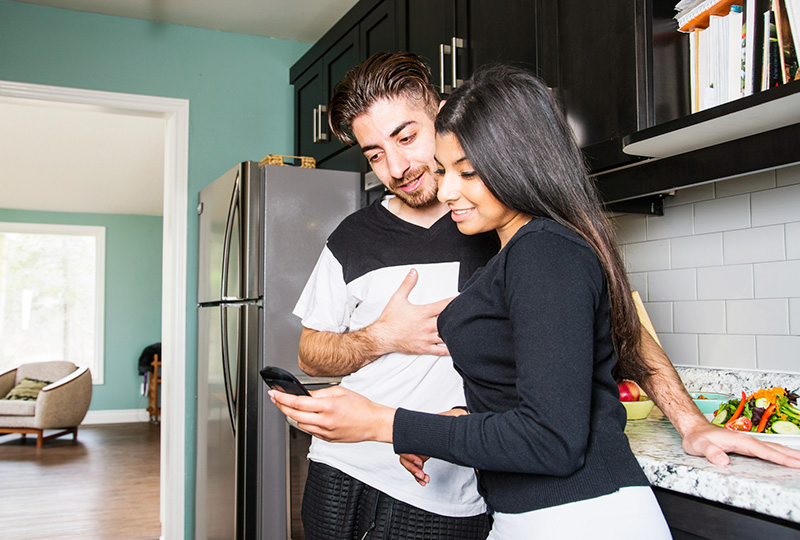If you have diabetes, be careful with alcohol.
Alcohol can affect how well you control your blood sugar (glucose) level. It can also increase risks to your health. If you are diabetic and choose to drink alcohol, consult your healthcare provider to make sure you aren’t putting yourself at high risk for health problems. Here’s what you need to know about diabetes and drinking.
Alcohol can make certain health problems worse. Alcohol may worsen disease of the liver, kidney or pancreas. It may also make nerve or eye damage more likely. If you have any of these health problems, your healthcare provider will likely advise you not to drink alcohol.
Alcohol can increase your risk for low blood sugar (hypoglycemia). The liver helps prevent low blood sugar by releasing extra glucose into the blood. Alcohol in the blood keeps the liver from doing this. Low blood sugar is more likely if you drink alcohol on an empty stomach or during or right after exercise. It’s also more likely if you take insulin or medications that help lower blood sugar. Also, alcohol may affect your ability to tell whether you have symptoms of low blood sugar. This may keep you from getting needed treatment.
It can increase your risk for high blood sugar (hyperglycemia). Many alcoholic drinks contain carbohydrates (carbs). These include beers, sweeter wines and cocktails or other drinks mixed with fruit juices or sugar. Carbs raise blood sugar levels higher and faster than other kinds of foods. Drinking may throw off your ability to monitor your carbs.
It can affect how well you manage your weight. Alcohol is high in calories but has no nutrition. If you’re on a meal plan to help control your weight, you‘ll need to count alcohol as part of your daily calorie intake. A standard drink is usually counted as 90 calories or two fat exchanges. In addition, alcohol can cause you to feel hungrier than normal. This makes you more likely to overeat, which can affect your weight and blood sugar level.
Your provider may give you the OK to drink in moderation.
Steps you can take to drink safely:
- Strictly follow the drink guidelines your provider offers, or use the American Diabetes Association guidelines (One drink = 12 ounces beer, 5 ounces wine or 1.5 ounces hard liquor.):
Women: No more than 1 drink a day.
Men: No more than 2 drinks a day. - Check your blood sugar level before drinking. Don’t drink if your blood sugar level is too low or too high.
- Check your blood sugar level after drinking or before going to bed; alcohol can stay in the blood for many hours after drinking. If your blood sugar level is low or dropping, you may be able to treat it with a snack or glucose tablet before it worsens.
- Ask your provider and pharmacist how alcohol will affect insulin or any other medicines you take.
- Never drink on an empty stomach.
- Never drink during or after exercise.
- Don’t drink at all if you’re going to drive.
- Be smart about what you drink. This means choosing drinks that are lower in alcohol, calories and carbohydrates. Options include dry wines, light beers or mixed drinks with sugar-free juice, club soda or sparkling water.
- Carry a medical ID that tells others you have diabetes. This helps ensure that you receive proper treatment if needed.

To schedule an appointment at the Eskind Diabetes Center call 615-343-8332 for adult care and 615-322-7842 for children’s care.

